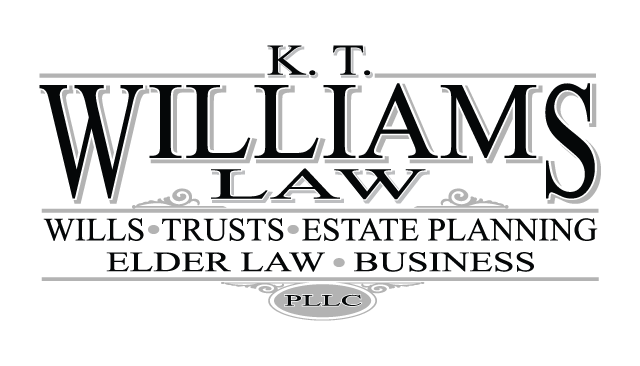Probate: The Basics.
Probate is an important concept to understand, but most don’t because it’s not part of a typical every-day life. Regularly, I am asked: “What is probate?” And that’s a good question. So this article answers that question.
What is Probate?
Probate is a term used in two (2) different contexts. First, it is used to describe a process. You may hear it referred to as the probate process.
Second, it is used to describe a special court. Knowing what is meant when “probate” is used depends on the context. It’s used most often to refer to the probate process, so that’s what we’ll discuss first.
The probate process, sometimes called estate administration, describes the court-based steps required to move assets that were owned by a deceased person to the appropriate beneficiary. The court in which this process occurs is called probate court.
Probate can be expensive, time consuming, and stressful. Understandably, people want to avoid it if they can.
Is Probate Necessary?
Probate isn’t always necessary, but it can be. Avoiding it can save substantial time and money. Commonly, probate is unnecessary at the death of the first spouse. This is the case because spouses often own their assets jointly which means the assets pass to the surviving spouse automatically. When assets pass automatically to the beneficiary, probate isn’t necessary to move those assets to the beneficiary.
How Do You Know If Probate Is Necessary?
An evaluation needs to be made by an estate planning/elder law attorney to determine if probate is necessary. We carefully consider the assets of the deceased person, how they were titled, the applicable beneficiary designations, and how the law applies to them.
How Do You Avoid Probate?
Avoiding probate may be one of your goals. If it is, you’re not alone. The time and expense of probate justifies trying to avoid it. But the benefits of avoiding it, too numerous to list here, go beyond the mere time and expense.
Having beneficiary designations in place and carefully titling the assets may allow you to pass your assets to your beneficiaries without the need of the probate process. But trying to avoid probate shouldn’t be attempted alone. Together, your estate planning/elder law attorney and your financial advisor help guide the process to make sure you miss the traps that exist along the way.
We help people achieve their goals daily. Avoiding probate is often among them. Contact us to help you.



